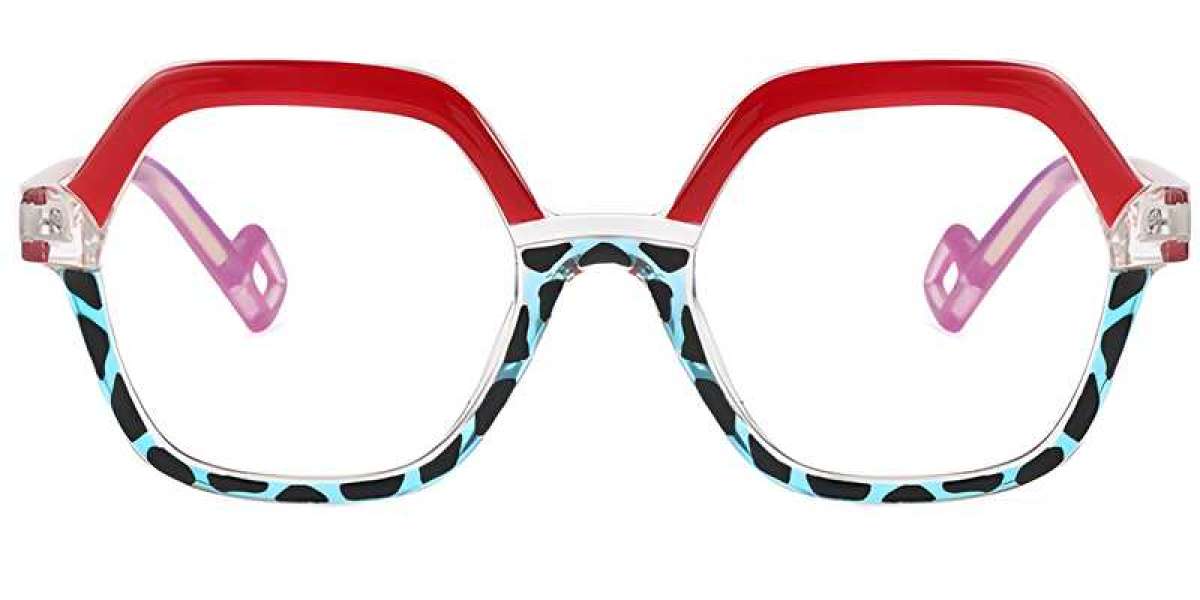HERCEPTIN: A Groundbreaking Treatment for HER2-Positive Breast Cancer
The introduction of HERCEPTIN (trastuzumab) revolutionized the treatment of HER2-positive breast cancer. As a monoclonal antibody, HERCEPTIN targets the HER2 receptor, preventing it from signaling cancer cells to grow and divide. HERCEPTIN has been a cornerstone in both early-stage and metastatic HER2-positive breast cancer treatments, significantly improving survival rates and reducing recurrence rates.
In clinical trials, HERCEPTIN demonstrated its ability to extend progression-free survival when used in combination with chemotherapy, making it a key part of the treatment regimen for HER2-positive breast cancer. It remains one of Roche’s most successful products, playing a crucial role in their HER2-positive breast cancer treatment franchise.
PERJETA: Enhancing HER2-Positive Breast Cancer Therapy
Following the success of HERCEPTIN, Roche introduced PERJETA (pertuzumab), another targeted therapy for HER2-positive breast cancer. PERJETA works by blocking HER2 signaling from a different part of the HER2 receptor than HERCEPTIN, effectively reducing the growth and spread of cancer cells. When used in combination with HERCEPTIN and chemotherapy, PERJETA has shown improved overall survival outcomes for patients with both early-stage and metastatic HER2-positive breast cancer.
In clinical trials, the combination of HERCEPTIN and PERJETA demonstrated superior efficacy compared to HERCEPTIN alone, further cementing Roche’s leadership in this treatment space. PERJETA’s ability to enhance the effects of HERCEPTIN has made it an essential option for patients with HER2-positive breast cancer, particularly in metastatic cases.
KANJINTI: A Biosimilar of HERCEPTIN
KANJINTI (trastuzumab-anns) is a biosimilar of HERCEPTIN, developed by Roche in collaboration with Amgen. It provides a more affordable option for patients requiring treatment for HER2-positive breast cancer. KANJINTI has demonstrated comparable safety and efficacy to HERCEPTIN in clinical trials, offering the same high standard of care but at a lower cost, which could improve access to treatment for patients in need.
Biosimilars like KANJINTI are gaining increasing traction in the oncology space, especially as healthcare systems strive to reduce the financial burden of cancer treatments. Roche’s ability to provide both original biologics and biosimilars allows them to serve a broader patient population while maintaining high-quality treatment standards.
ENHERTU: Next-Generation HER2-Targeted Therapy
The launch of ENHERTU (fam-trastuzumab deruxtecan) represents a new frontier in HER2-positive breast cancer treatment. Unlike HERCEPTIN, which only targets the HER2 receptor, ENHERTU is an antibody-drug conjugate (ADC), combining trastuzumab with a chemotherapy agent. This innovative treatment delivers the chemotherapy directly to HER2-positive cancer cells, minimizing damage to healthy cells and increasing the drug’s efficacy.
ENHERTU has shown promising results in clinical trials for patients with HER2-positive breast cancer who have previously received other HER2-targeted therapies, including HERCEPTIN and PERJETA. It has demonstrated substantial improvements in progression-free survival, offering a potential new treatment option for patients with metastatic or refractory HER2-positive breast cancer.
ENHERTU vs HERCEPTIN: A Comparison
While both ENHERTU and HERCEPTIN target the HER2 receptor, they differ in their mechanisms of action. HERCEPTIN is a monoclonal antibody that blocks HER2 signaling, while ENHERTU is an ADC that delivers chemotherapy directly to the cancer cells via the HER2 receptor. ENHERTU is typically used for patients whose cancer has progressed despite treatment with HERCEPTIN and other HER2-targeted therapies. The development of ENHERTU is part of Roche’s strategy to offer patients more potent options for treating HER2-positive breast cancer, particularly in the later stages.
The Future: ENHERTU Biosimilar
The development of an ENHERTU biosimilar is expected to play a significant role in broadening access to this highly effective therapy. As the patent for ENHERTU expires, the biosimilar version could provide a cost-effective alternative, improving affordability for healthcare systems and patients while maintaining the high therapeutic standards set by the original drug. The ENHERTU biosimilar has the potential to expand the reach of this treatment, particularly in markets with limited access to expensive biologic therapies.
Conclusion: Roche’s Continued Leadership in HER2-Positive Breast Cancer Treatment
Roche’s HER2-positive breast cancer treatment franchise continues to evolve, driven by innovation and a commitment to meeting the needs of patients with this challenging cancer. From the early success of HERCEPTIN to the advanced capabilities of ENHERTU, Roche is leading the way in developing new therapies that improve patient outcomes and quality of life.
With the addition of PERJETA for enhanced efficacy, KANJINTI as an affordable biosimilar, and the exciting potential of ENHERTU biosimilar, Roche’s treatment options provide comprehensive coverage for the various stages and needs of HER2-positive breast cancer patients. As the market continues to grow and evolve, Roche is positioned to remain at the forefront of advancing care for individuals with this aggressive cancer.
Latest Blogs Offered By DelveInight:
- Pfizer’s ABRYSVO Outpaces GSK’s AREXVY with Expanded FDA Approval – But Can It Sustain the Momentum?
- 5 Promising Exosome-based Therapies Paving the Way for Personalized Medicine
- FDA Grants Orphan Status to MDL-101 for LAMA2-CMD; Pfizer’s ABRYSVO Approved for High-Risk Adults (18-59); KIND’s AND017 Gains Orphan Designation for Sickle Cell Disease; HiberCell’s HC-7366 Fast-Tracked for AML; ORLYNVAH Approved for Uncomplicated UTIs
- 7 Key Technologies Pioneering Cybersecurity in the Healthcare Sector
- Medtronic Secures FDA Green Light for Affera™ Mapping and Ablation System Alongside Sphere-9™ Catheter; Precision Optics Gets FDA 510(k) Clearance; Abbott Launches New Clinical Trial Aimed at Enhancing Care for Advanced Heart Failure Patients; Fresenius Medical Care’s Study Confirms Efficacy of New Anemia Therapy Software in Enhancing Outcomes for Hemodialysis Patients; Inspira™ Announces New Distribution Center to Support INSPIRA™ ART100’s U.S. Introduction; WellSky Expands Home Care Offerings with Acquisition of Bonafide


